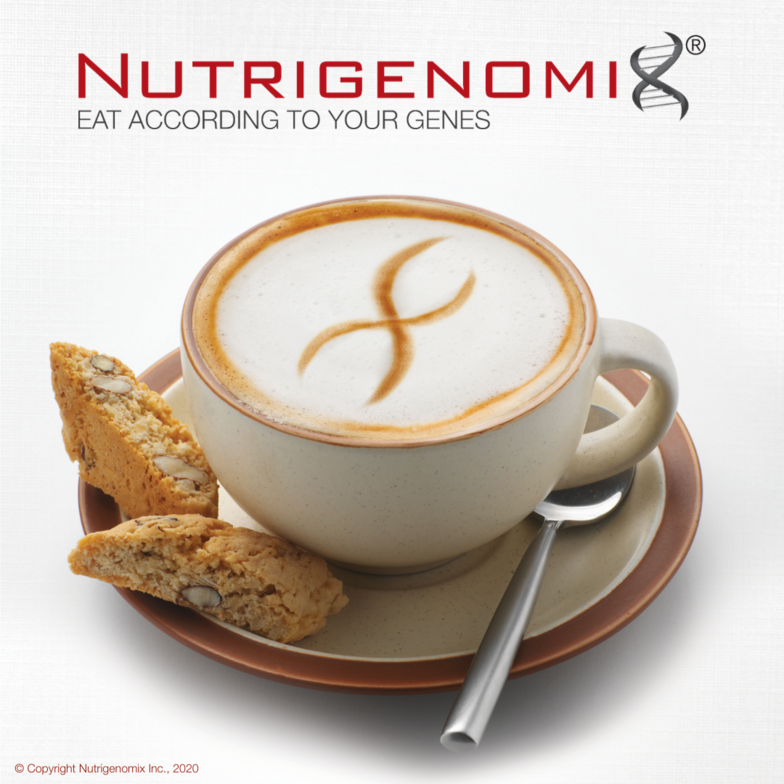
I recently completed an online course through Dietitians of Canada on Nutrigenomics – also known as nutrigenetics or nutritional genomics. How is that for a lot of ‘sciency” words?
Nutrigenomics is the study of the interaction between diet and genes and their impact of health and performance. So, this is all about making changes to your diet – knowing your genetic background. So what might be an important dietary modification for one person, doesn’t mean its good advice for another – based on their genomes. Since one group of individuals could have an increase in health risk, another group no effect and yet another group have a decrease in health risk! It often happens that when research studies are completed – one study can contradict the results of another study. This is because a one size does not fit all!
Genetics can affect our appetite, taste, smell, metabolism, absorption, digestion, and excretion of nutrients. This makes it powerful information to have so that you can focus on the changes that put you at a lower risk of heart disease, diabetes or high blood pressure. They can also explain why we can have a different sensation or reaction to food. Why we might really gravitate to “sweet” tasting foods more than others.
Here is an example:
Caffeine.
Caffeine has been widely studied. When you read the headlines you might read – that coffee and caffeine have nutritional benefits. You might also read that it can raise an individual’s risk for heart disease and increase their blood pressure. You might also read how caffeine can benefit an individual’s sports performance. Or that caffeine really doesn’t have any effect at all. Two landmark studies have now shown that the effect of coffee on cardiovascular disease depends on a variation in a gene called CYP1A2. The CYP1A2 produces an enzyme that breaks down caffeine. Variations in this enzyme affect the rate at which caffeine breaks down which determines the impact of caffeine on heart health. You can be a ‘fast metabolizer’ of caffeine or a ‘slow metabolizer’ of caffeine. If you are a slow metabolizer you are at greater risk of high blood pressure when your intake of caffeine is high.
So what might you think is a high intake of caffeine? Well for slow metabolizers, having an intake above 200 mg (about one medium 16 fl.oz. coffee) puts you at risk. This is not a lot of coffee. If I were a coffee drinker, and typically had several coffees in a day, this would be important information to know. And there is something you can do about it to lower your risk of cardiovascular disease as well.
Caffeine is just one aspect of the newly released 70 gene Nutrigenomix® test. (When Nutrigenomix® was first launched 7 years ago, there was a 7 panel gene report – and more recently a 45 gene- report.
This expanded genetic panel provides targeted, action-oriented nutrition and lifestyle genetic information supported by the highest quality studies and most rigorous scientific standards. The Nutriegenomix® test helps me help my clients determine the best dietary approach for optimal health, wellness and performance according to their unique genetic profile. Also newly available with this 70- gene report is a customized DNA meal plan!
The Nutrigenomix®70 gene test is available in different formats based on each client’s primary focus: Health and Wellness, for those interested in optimizing their health and managing their weight; Sport, for those who want to improve their athletic performance; and Fertility, for individuals who are trying to conceive. The Health and Wellness report is also available in a plant-based version with nutritional recommendations suitable for vegans and vegetarians.
Click here for more info.





